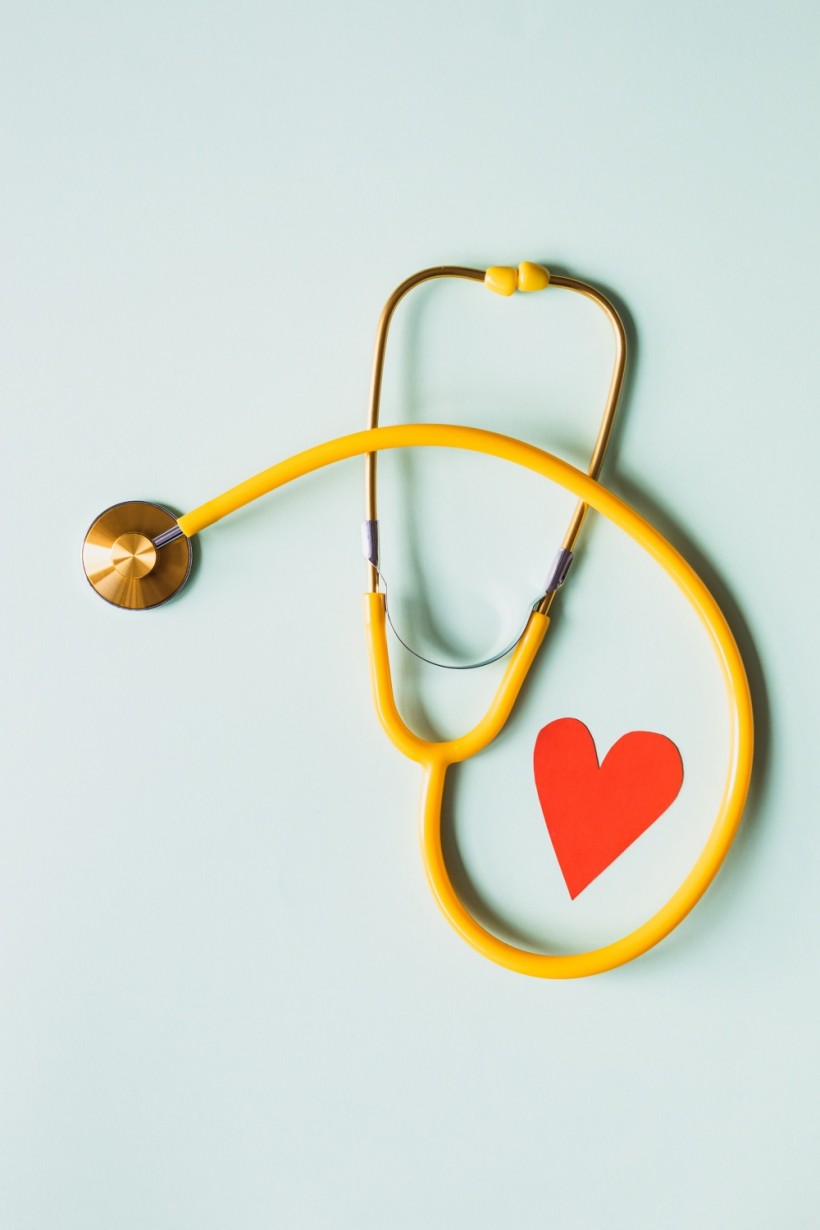A heart attack is one of the most serious health issues you'll ever come up against- you're truly against the clock. Without oxygenated blood being pumped around your body from the heart, you only have a matter of minutes before your organs (including the brain) begin to shut down. To make matters worse, many heart attacks happen in the early hours in the morning when most people are sleeping. Researchers found that at around 6:30 a.m. the circadian system sends out an increased amount of PAI-1 cells which blocks blood clots from breaking down. This explains why this happens predominantly at this time, and it can add another element of risk to a situation which already has a high chance of fatality. Medical advancements, fast transport and better hospital access in the modern world means that you do have a better chance of survival than in the past. But if you've experienced a heart attack and lived to tell the tale, then you should still consider yourself incredibly lucky. Life after a heart attack really should be thought of as a second chance, and it's important that once you've recovered you do everything you can to prevent it from happening again. Here are a few ways you can do so.
Research Your Medication
After your heart attack, you'll likely be given a number of medications. These will depend on your health, any coexisting conditions and what the cause was for your heart attack. Regardless, do your research into the medicine you've been given to understand its importance and how it works. While your health provider will go through things with you, give yourself some time to research it too so you fully understand exactly what you need to do. Can they be taken alongside your other medications, such as Cardioton for high blood pressure? Do they need to be taken with food? What exactly do they do to your body to prevent another heart attack happening? When you fully understand, you'll be less likely to miss doses and will appreciate the importance of the pills you're taking.
Make Drastic Lifestyle Changes
Many heart attacks are a result of poor lifestyle choices. Eating the wrong things, smoking, not doing enough exercise and taking drugs are all factors that can increase the risk of heart attack. If you choose to go back to your old habits and refuse to make a change then you're on borrowed time and it will most likely happen again. Get serious with yourself, what do you need to do to get healthy? Seek proper medical advice about what you need to eat, what exercises are safe to do and what other changes you need to make. If you have an addiction such as smoking, alcohol or drugs, refer yourself to rehab or quitting clinics to get the right help so that you can give up and be free from the dangerous chemicals that are putting your heart at risk.
Seek Support
Having emotional or practical support is important after you've had a heart attack. Don't be afraid to rely on friends and family until you're back on your feet. You could also join forums for people in a similar situation so you have others to speak about your experience to fully understand what you're going through. Helplines can also be useful to chat through your fears or concerns if you need them. Some people might also find therapy useful- when you've been through a near death experience like this it's understandable that you'll have some trauma that you might need to work through.
* This is a contributed article and this content does not necessarily represent the views of sciencetimes.com















